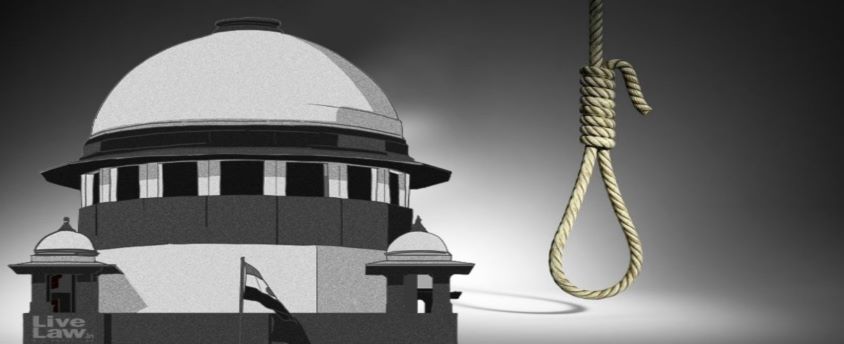SC commutes death penalty of Tamil Nadu man
22, Mar 2023

Prelims level : Governance - Policies
Mains level : GS-II Separation of powers between various organs dispute redressal mechanisms and institutions.
Why in News?
- The Supreme Court has recently commuted the death penalty of a Tamil Nadu man for the kidnap and murder of a seven-year-old boy, the sole “male child” of his parents, who were unable to pay ₹5 lakh ransom for the child’s release.
Constitutional Provision to Grant Pardon: Article 72
- Article 72 of the Constitution empowers the President to grant pardons to persons who have been tried and convicted of any offence in all cases where the:
- Punishment or sentence for an offence against a Union Law,
- Punishment or sentence is by a court-martial (military court), and
- Punishment is a Death sentence.
Pardoning Power of President:
- Article 72 empowers the President the power to grant pardons, reprieves, respites or remissions of punishment or to suspend, remit or commute the sentence of any person convicted of any offence. The meaning of these terms is as follows:
- Pardon: It removes both the sentence and the conviction and completely absolves the convict from all sentences, punishments, and disqualifications.
- Commutation: It denotes the substitution of one form of punishment with a lighter form of punishment.
For example, a death sentence may be commuted to rigorous imprisonment.
- Remission: It implies reducing the period of the sentence without changing its character.
For example, a sentence of rigorous imprisonment for five years may be remitted to rigorous imprisonment for one year.
- Respite: It denotes awarding a lesser sentence in place of one originally awarded due to some special fact, such as the physical disability of a convict or the pregnancy of a woman offender.
- Reprieve: It implies a stay of the execution of a sentence (especially that of death) for a temporary period.
Its purpose is to enable the convict to have time to seek pardon or commutation from the President.
Procedure Followed for Granting Pardon:
- The process starts with filing a mercy petition with the President under Article 72 of the Indian Constitution.
- Such a petition is then sent to the Ministry of Home Affairs for consideration which is then consulted with the concerned State Government.
- After the consultation, recommendations are made by the Home Minister and the petition is sent back to the President.
Purpose of Granting Pardon:
- Pardon may substantially help in saving an innocent person from being punished due to miscarriage of justice or in cases of doubtful conviction.
- The object of conferring this power on the President is two-fold:
- To keep the door open for correcting any judicial errors in the operation of law;
- To afford relief from a sentence, which the President regards as unduly harsh.
Judicial Stand on Pardoning Powers:
- In Maru Ram v Union of India case (1980), the constitutional bench of the Supreme Court of India held that the power under Article 72 is to be exercised on the advice of the Central Government and not by the President on his own at his discretion. And that the advice of the Government is binding on him.
- The Supreme Court in Epuru Sudhakar v Ors. case (2006) to rule out any case of arbitrariness or executive mala fide upheld that the granting of clemency by the President or Governor can be challenged in court on various grounds such as, the order has been passed without application of mind, or the order is mala fide, or the relevant material has been kept out of consideration.
Difference Between Pardoning Powers of President And Governor:
- The scope of the pardoning power of the President under Article 72 is wider than the pardoning power of the Governor under Article 161 which differs in the following two ways:
- The power of the President to grant pardon extends in cases where the punishment or sentence is by a Court Martial but Article 161 does not provide any such power to the Governor.
- The President can grant pardon in all cases where the sentence given is the sentence of death but the pardoning power of the Governor does not extend to death sentence cases.






